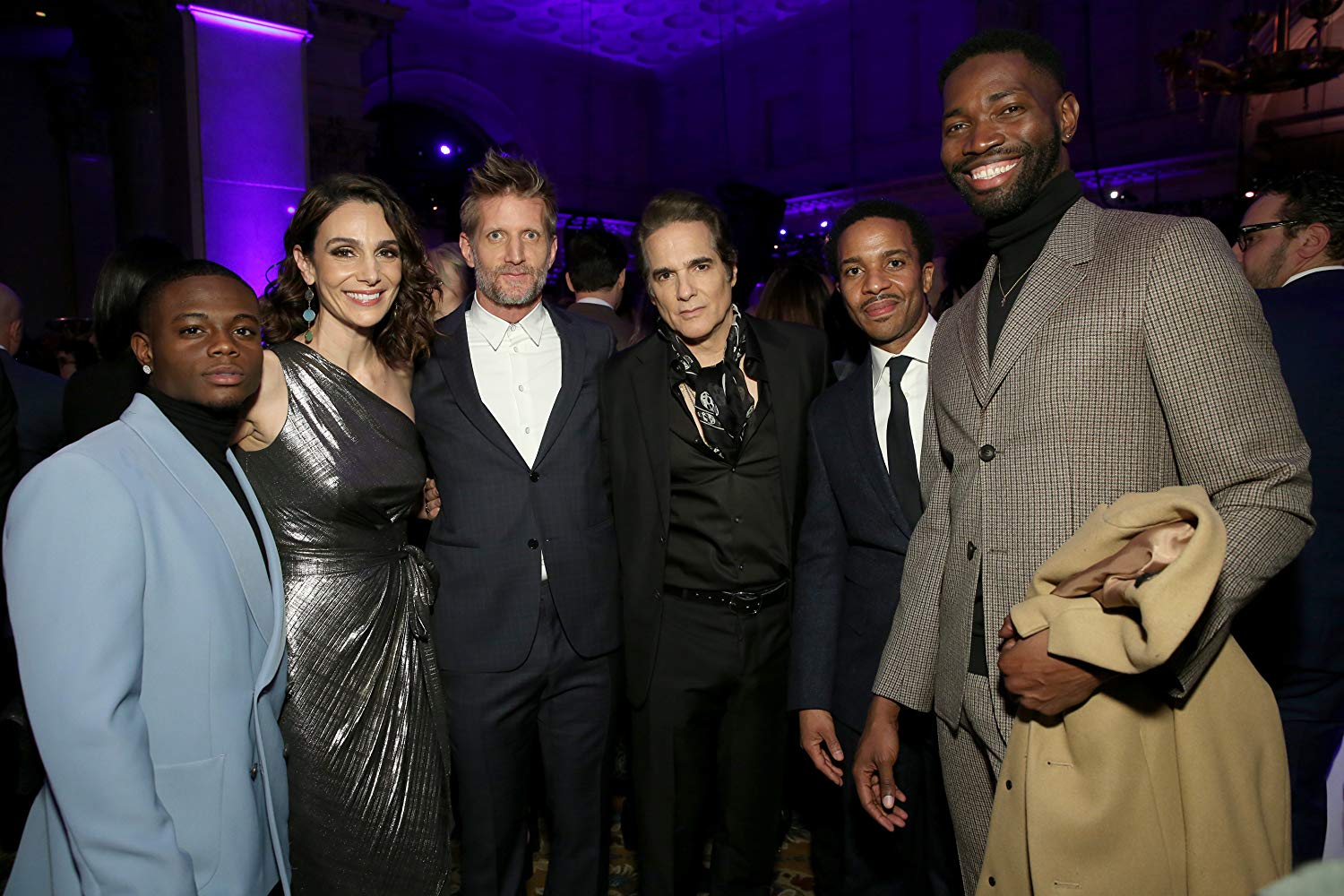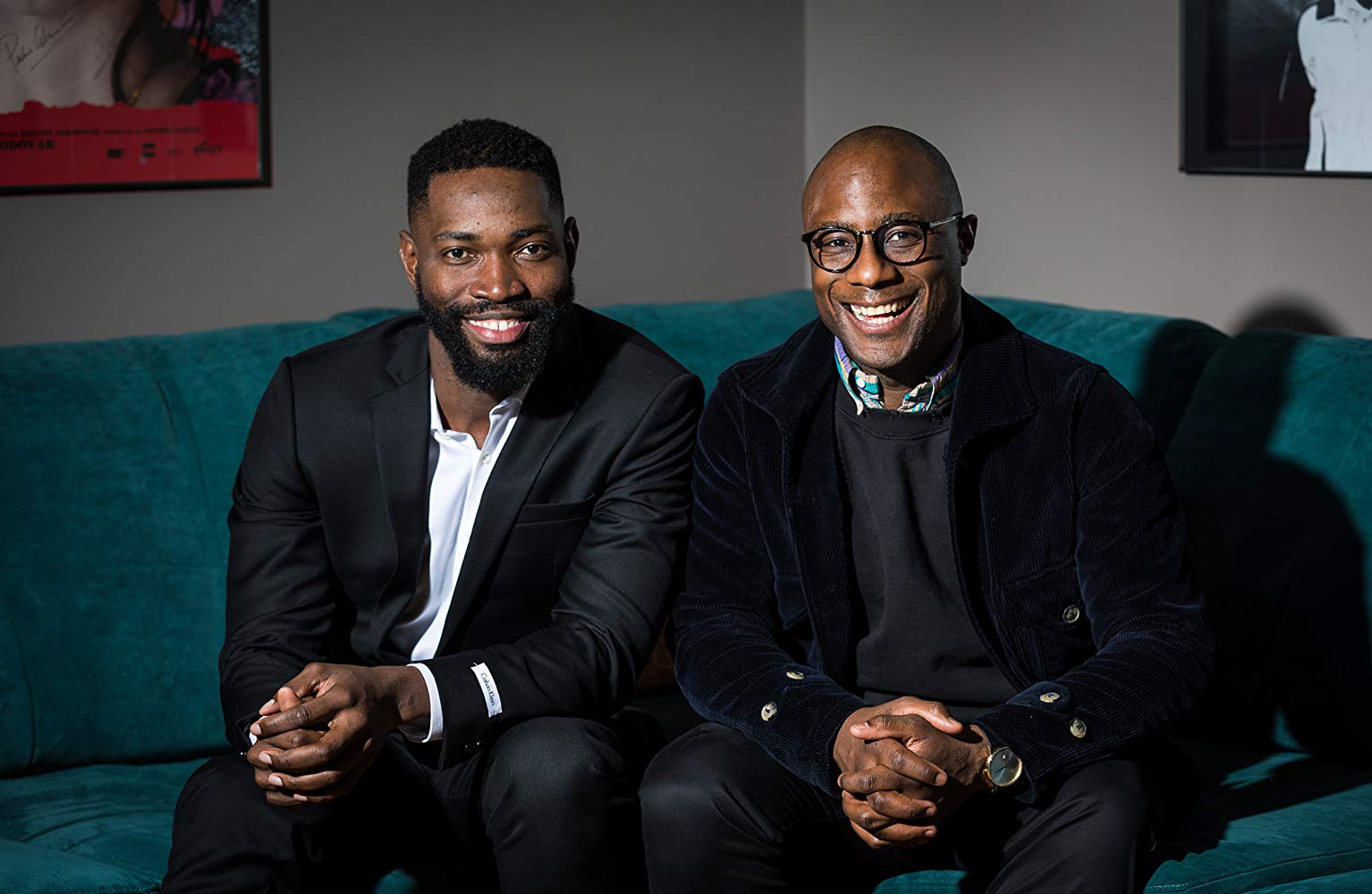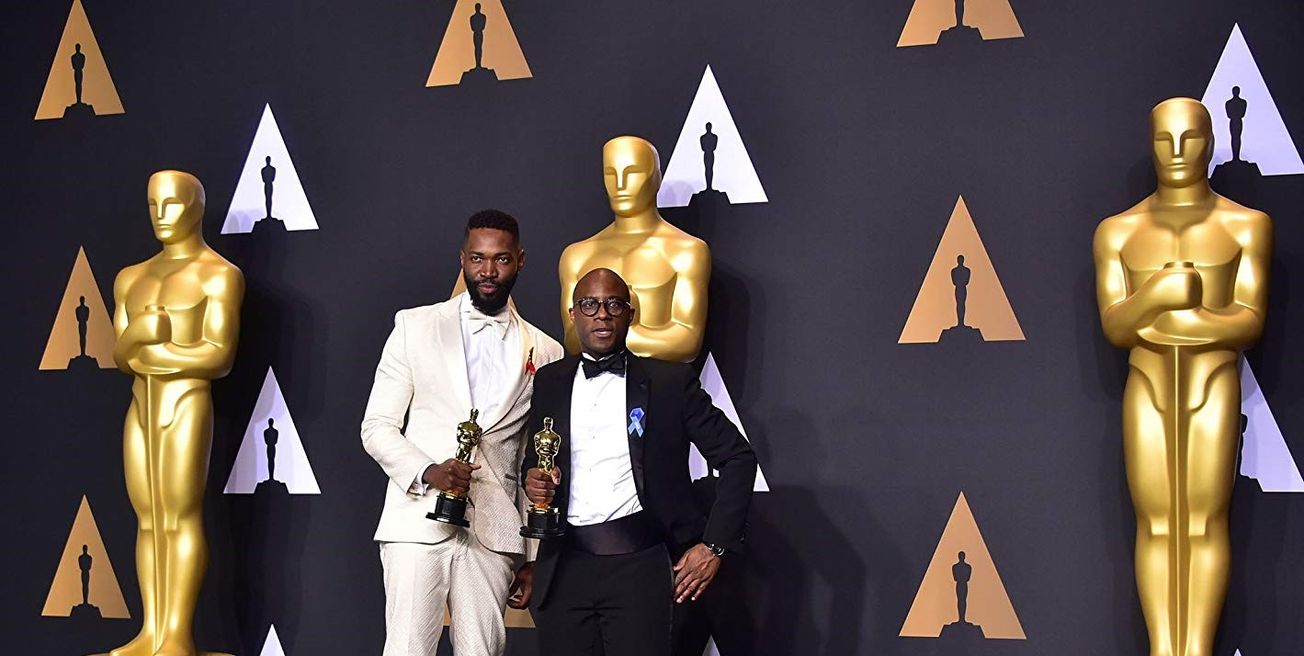By Siavash Minoukadeh, Entertainment Subeditor
This LGBTQ+ History Month, our writers are looking at LGBTQ+ history and content in cinema. If you’ve heard of Tarell Alvin McCraney, it’s probably as a result of his work on Moonlight (2016), the exquisite queer, African-American coming-of-age story that was based off In Moonlight, Black Boys Look Blue, a project McCraney had written whilst in drama school.
One of the factors that made Moonlight such a success was how its portrayal of queer love between men of colour was so sensual without straying into stereotypical depictions of either queer bodies or African-Americans. Writing in the New Yorker, Hilton Als has praised it for capturing ‘the rush that comes when one black male body finds pleasure and something like liberation in another’ whilst The Guardian’s Steven Thrasher called it a film that ‘tells the story of ambiguous sexuality” but that it also “does so with unambiguous blackness and without shame’.

Whilst Moonlight has been McCraney’s highest-profile work so far - it’s pretty difficult to go bigger than a Best Picture winner - he has previously had considerable success as a playwright. His play Choir Boy, first premiered at the Royal Court in London in 2012 was recently revived in 2018 on Broadway, winning a Tony Award.
| Booksmart manages to make LGBTQ+ stories the norm without any ‘historic hardships’
It tackles many of the same themes as Moonlight, looking at how a young African-American man, Pharus, expresses his sexuality while he is coming of age in a prep school. As with Moonlight, McCraney’s remarkable achievement in both is creating a world in which its queer protagonists exist not only as African-Americans, but in a world which is itself filled only with other African-Americans.
In McCraney’s world, queer people of colour are allowed the luxury of being queer without having to adhere to white-defined images and ideals of queerness as is so often the case. By removing whiteness from the picture completely, McCraney commits a radical act.

In an age when so much of our popular conception of queer men - even within the queer community - is based around fetishising and trivialising being non-white with simplified, caricaturesque tropes that sexualise them and strip them of any sexual agency, McCraney’s writing brings a black, queer gaze onto these men and centres their voices and stories, removing all other distractions.
Unmediated by any white, heterosexual gaze, McCraney allows [his actors] to shine and tell a story
Nowhere is this clearer than in another of McCraney’s plays, The Brothers Size, which was first performed at London’s Young Vic in 2007 and then revived again by director Bijan Sheibani to rave reviews. This is performance stripped back to its core: a chalk circle is the only set - actors, walking on and off stage announce their exits and entrances.
All that there is for the audience to see are bodies, all that there is for them to hear are the actors’ voices; these bodies and voices are all queer, and all of colour. Unmediated by any white, heterosexual gaze, McCraney allows them to shine and tell a story that is as pure and powerful as a classical tragedy, and with as much poetry.

While McCraney has, up until now, mainly worked in theatre, following his burst into cinema with Moonlight, he has since written the sports drama High Flying Bird (2019) directed by Steven Soderbergh as well as serving as a producer and lead writer for the Oprah Winfrey Network limited series David Makes Man (2019), which has gone on to receive almost universal praise from critics for its depiction of black coming-of-age.
| The list of Black nominations for Best Director is depressingly short
Given his history of beautiful stripped-back storytelling in the world of theatre, seeing Tarell Alvin McCraney receive more commissions for the screen is surely going to bring this necessary queer voice of colour to a wider audience - an undeniably positive move.
Featured: IMDb / 2017 Frederic J. Brown / Getty Images
What do you think is McCraney's most impressive queer work to date?








